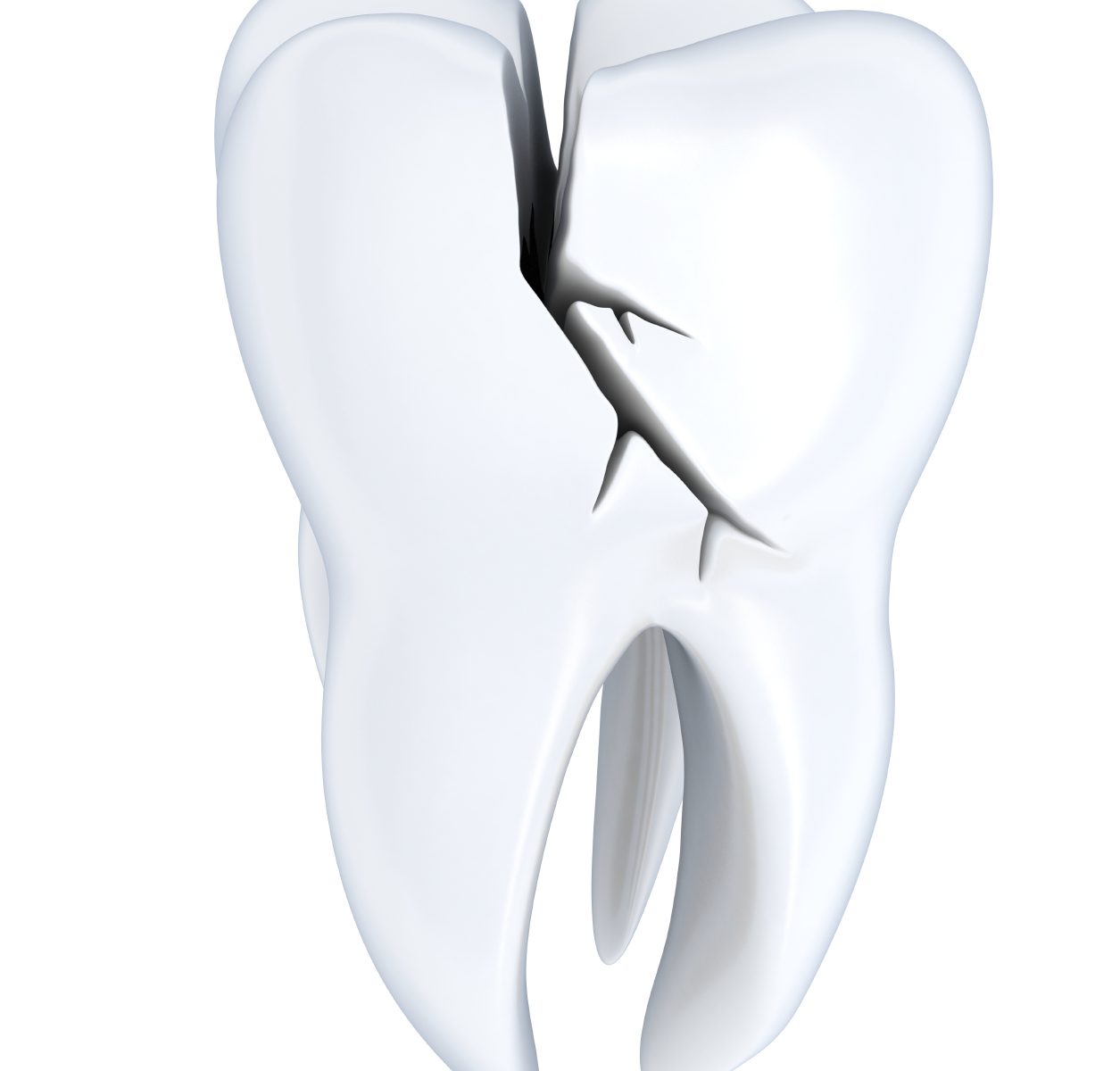A smile is often considered one of the most powerful expressions, but what happens when that smile is marred by the unexpected – a cracked tooth? The human dentition, while resilient, is not impervious to damage. In this article, we delve into the various factors that contribute to the cracking of teeth, shedding light on the silent culprit behind this common dental concern.
- Biting Forces:
- The human jaw is a powerful force, capable of exerting immense pressure during activities like chewing and grinding. Excessive force, especially when biting down on hard objects like ice, nuts, or non-food items, can lead to microscopic cracks in the enamel. Over time, these cracks may propagate, causing visible damage to the tooth.
- Temperature Extremes:
- Sudden and extreme changes in temperature can also be a significant factor in tooth cracking. The expansion and contraction of dental enamel in response to hot and cold substances can weaken the structure of the tooth over time, making it more susceptible to cracks. This is often exacerbated by habits like consuming hot beverages followed by ice-cold drinks.
- Tooth Decay:
- Underlying dental issues, such as untreated cavities or decay, can compromise the integrity of the tooth. As the decay progresses, the tooth becomes weaker and more prone to fractures. Regular dental check-ups and timely treatment of cavities are crucial in preventing such complications.
- Old Fillings and Restorations:
- Dental fillings and restorations, while designed to strengthen and protect teeth, have a finite lifespan. Over time, they may wear down, crack, or become dislodged, leaving the tooth vulnerable to damage. Regular dental examinations are essential to monitor the condition of existing dental work.
- Bruxism (Teeth Grinding):
- Bruxism, or teeth grinding, is a common condition often associated with stress or misaligned teeth. The continuous grinding of teeth can exert excessive pressure, leading to cracks over time. Night guards or other dental interventions may be recommended to alleviate the effects of bruxism.
- Trauma:
Physical trauma, such as a blow to the face, can result in immediate and visible cracks in the teeth. Sports injuries, accidents, or even biting down on a hard object unexpectedly can cause fractures. Wearing protective gear during physical activities and being cautious about what is bitten can help prevent traumatic damage.
While our teeth are resilient, they are not invincible. Understanding the factors that contribute to tooth cracking empowers individuals to take proactive measures to protect their dental health. Regular dental check-ups, a balanced diet, and mindful oral hygiene practices are crucial in preventing the silent culprit – cracked teeth – from overshadowing our smiles.
For more information regarding dental exams, contact Drs. Freund and Waterloo today at 847-251-8990 or visit www.villagedentalpc.com.
Drs. Chad Freund and Cathy Waterloo proudly serves Kenilworth and all surrounding areas.

